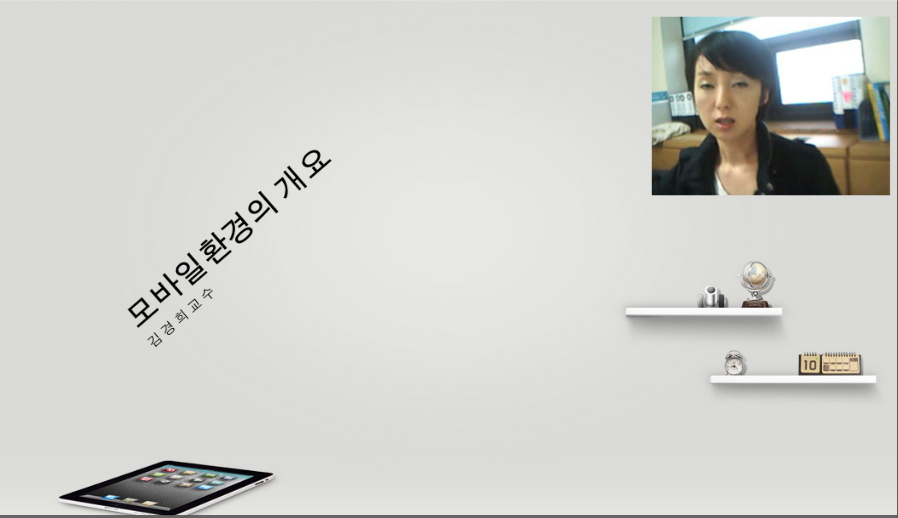Critical readings of T. S. Eliot’s “The Love Song of J. Alfred Prufrock” tend to conceive of Prufrock’s recurring evasion and frustration as deriving from his inability to confess his love, a symptom of the ills of modern civilization. However...
http://chineseinput.net/에서 pinyin(병음)방식으로 중국어를 변환할 수 있습니다.
변환된 중국어를 복사하여 사용하시면 됩니다.
- 中文 을 입력하시려면 zhongwen을 입력하시고 space를누르시면됩니다.
- 北京 을 입력하시려면 beijing을 입력하시고 space를 누르시면 됩니다.

프루프록의 ‘위대한’ 고백: 단테 『신곡』과 엘리엇의 「J. 알프레드 프루프록의 연가」 같이 읽기 = Prufrock’s ‘Great’ Confession: Contextualizing “The Love Song of J. Alfred Prufrock” with Dante’s Divine Comedy
한글로보기https://www.riss.kr/link?id=A108404968
-
저자
한예림 (한국방송통신대학교)
- 발행기관
- 학술지명
- 권호사항
-
발행연도
2022
-
작성언어
Korean
-
주제어
Aside ; Confession ; Divine Comedy ; Human Reason ; Prufrock ; 방백 ; 고백 ; 신곡 ; 인간 이성 ; 프루프록
-
등재정보
KCI등재
-
자료형태
학술저널
- 발행기관 URL
-
수록면
359-379(21쪽)
- 제공처
- 소장기관
-
0
상세조회 -
0
다운로드
부가정보
다국어 초록 (Multilingual Abstract)
Critical readings of T. S. Eliot’s “The Love Song of J. Alfred Prufrock” tend to conceive of Prufrock’s recurring evasion and frustration as deriving from his inability to confess his love, a symptom of the ills of modern civilization. However, this paper reconsiders this prevalent interpretation by intensively examining Dante’s lines from Inferno, which Eliot imports into the epigraph of this poem. Dante’s influence on Eliot have been widely explored already, but most studies investigate only the intertextuality between Canto 27 of Dante’s Inferno, especially Guido’s responses to Dante’s question, with the Prufrock poem. However, this paper pays special attention to Canto 27 of Dante’s Inferno and of Purgatory to show that Canto 27 is the site where Dante comments on human reason. Based on this observation, I argue that Eliot’s poem, by endorsing Dante’s lines, extends Eliot’s criticism of human reason as well. In particular, I understand Eliot’s “individual talent” to be his innovative shift in voice when Prufrock directly addresses the readers as he instantly combines his split self as “we”. This moment of integration overlaps with Dante’s double identification with Guido and with Virgil, transposing Prufrock’s ‘monologue’ within his divided self to an ‘aside’ revealed to the readers. Although the speaker fails his ‘love confession’ per se, we can reassess it to be a ‘great’ confession when Prufrock delivers his shameful story of hesitation directly to the readers in the voice of “we”—where the speaker momentarily oversteps the solid confinement of his excessive self-consciousness.
1 김구슬, "엘리엇과 단테: 통합의 시학" 한국동서비교문학학회 (30) : 21-44, 2014
2 윤일환, "성 나르시스와 프루프록과 게론천: 분열된 자아와 욕망" 한국현대영미시학회 23 (23): 107-136, 2017
3 노동욱 ; 박윤영, "단테의 정치 철학적 연대와 그 문학적 재현: 『제정론』과 『신곡』의 「연옥」편을 중심으로" 한국동서비교문학학회 (40) : 105-128, 2017
4 이영숙, "단테의 인유로 보는 엘리엇 작품 속의 종교적 여정: 『신곡』을 위주로 한 기독교적 세계관을 중심으로" 한국문학과종교학회 14 (14): 1-32, 2009
5 Malamud Randy, "“Dante as Guide to Eliot’s Competing Traditions” Douglass"
6 Haba, "‘Till Human Voices Wake Us and We Drown’: Community in ‘The Love Song of J. Alfred Prufrock’" 7 (7): 53-61, 1977
7 Brooks, Cleanth, "Understanding Poetry: An Anthology for College Students" Holt 1938
8 Homer, "The Odyssey" Oxford UP 1980
9 Eliot, T. S, "The Norton Anthology of English Literature, Vol. 1" Norton 2364-2367, 2000
10 Eugene, Hollan, "The Love Song of J. Alfred Prufrock" 91-93, 1971
1 김구슬, "엘리엇과 단테: 통합의 시학" 한국동서비교문학학회 (30) : 21-44, 2014
2 윤일환, "성 나르시스와 프루프록과 게론천: 분열된 자아와 욕망" 한국현대영미시학회 23 (23): 107-136, 2017
3 노동욱 ; 박윤영, "단테의 정치 철학적 연대와 그 문학적 재현: 『제정론』과 『신곡』의 「연옥」편을 중심으로" 한국동서비교문학학회 (40) : 105-128, 2017
4 이영숙, "단테의 인유로 보는 엘리엇 작품 속의 종교적 여정: 『신곡』을 위주로 한 기독교적 세계관을 중심으로" 한국문학과종교학회 14 (14): 1-32, 2009
5 Malamud Randy, "“Dante as Guide to Eliot’s Competing Traditions” Douglass"
6 Haba, "‘Till Human Voices Wake Us and We Drown’: Community in ‘The Love Song of J. Alfred Prufrock’" 7 (7): 53-61, 1977
7 Brooks, Cleanth, "Understanding Poetry: An Anthology for College Students" Holt 1938
8 Homer, "The Odyssey" Oxford UP 1980
9 Eliot, T. S, "The Norton Anthology of English Literature, Vol. 1" Norton 2364-2367, 2000
10 Eugene, Hollan, "The Love Song of J. Alfred Prufrock" 91-93, 1971
11 Dante, Alighieri, "The Divine Comedy: Purgatory" Penguin 1985
12 Dante, Alighieri, "The Divine Comedy: Paradise" Penguin 1986
13 Musa, Mark, "The Divine Comedy: Inferno. By Alighieri Dante" Penguin 1984
14 Dante, Alighieri, "The Divine Comedy: Inferno" Penguin 1984
15 Banerjee, Ron D. K, "The Dantean Overview: The Epigraph to ‘Prufrock’" 87 (87): 962-966, 1972
16 Eliot, T. S., "T. S. Eliot: Selected Essays" Faber and Faber Limited 13-22, 1932
17 Douglass, Paul, "T. S. Eliot, Dante, and the Idea of Europe" Cambridge Scholars Publishing 2011
18 Manganiello, Dominic, "T. S. Eliot and Dante" St. Martin’s Press 1989
19 Summers, David, "Paradise Deferred: Eliot’s Truncated Dantean Pilgrimage”Douglass 75-86. Print. Worthington, Jane. “The Epigraphs to the Poetry of T. S. Eliot" 21 (21): 1-17, 1949
20 Lehan, Richard, "Literary Modernism and Beyond" Louisiana State UP 2009
21 Frye, H. Northrop, "Anatomy of Criticism" Princeton UP 1957
동일학술지(권/호) 다른 논문
-
영한 번역에서 ‘-은/는’과 ‘-이/가’의 선택 문제: 한국어 모국어 화자의 번역 양상 고찰
- 한국동서비교문학학회
- 신혜정
- 2022
- KCI등재
-
The Possibility of Archetypal Cogitation and Succession Education in East-West Mythological Texts
- 한국동서비교문학학회
- 민지훈
- 2022
- KCI등재
-
- 한국동서비교문학학회
- 심효원
- 2022
- KCI등재
-
- 한국동서비교문학학회
- 나송주
- 2022
- KCI등재




 DBpia
DBpia





